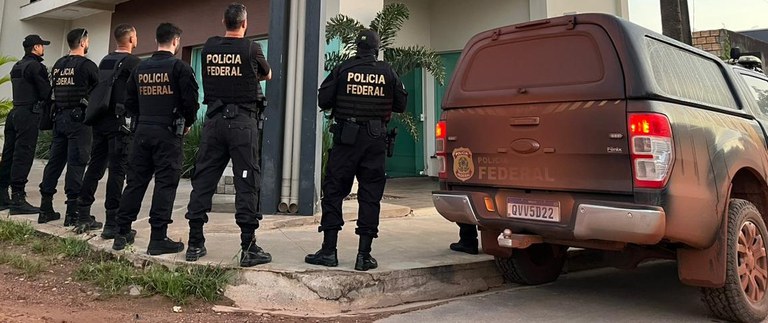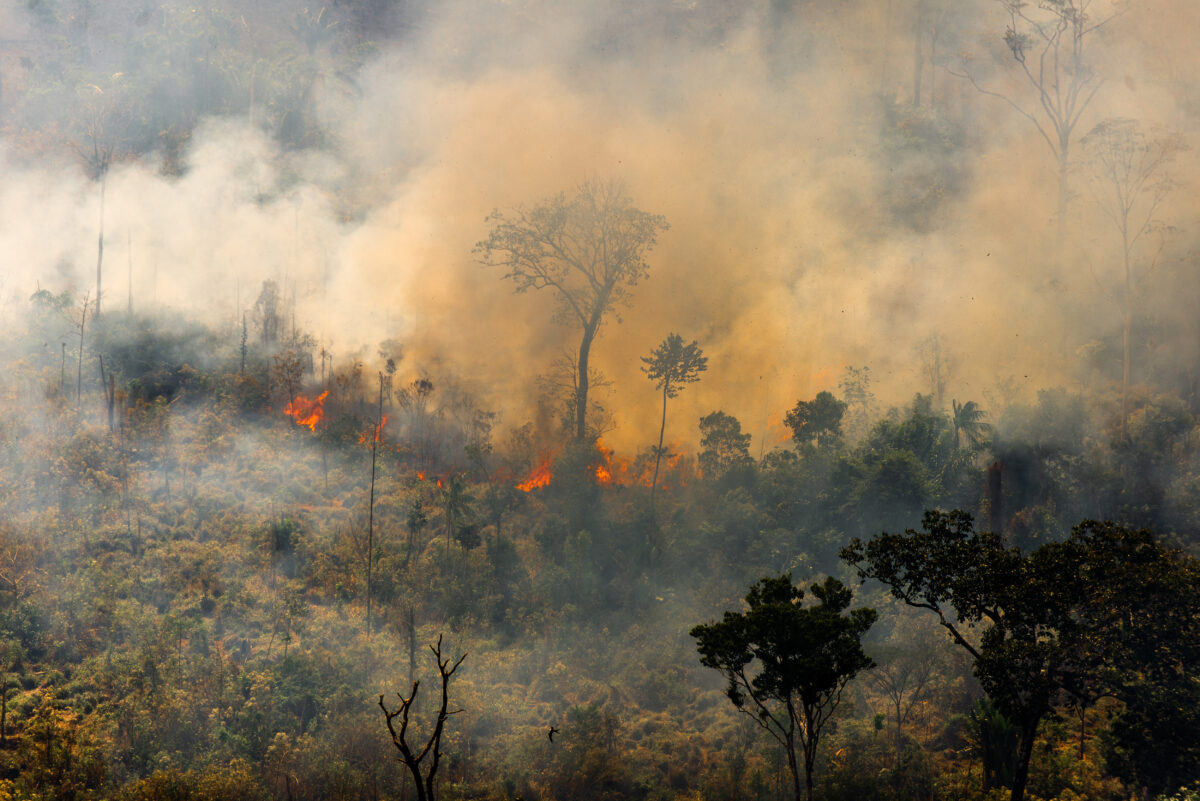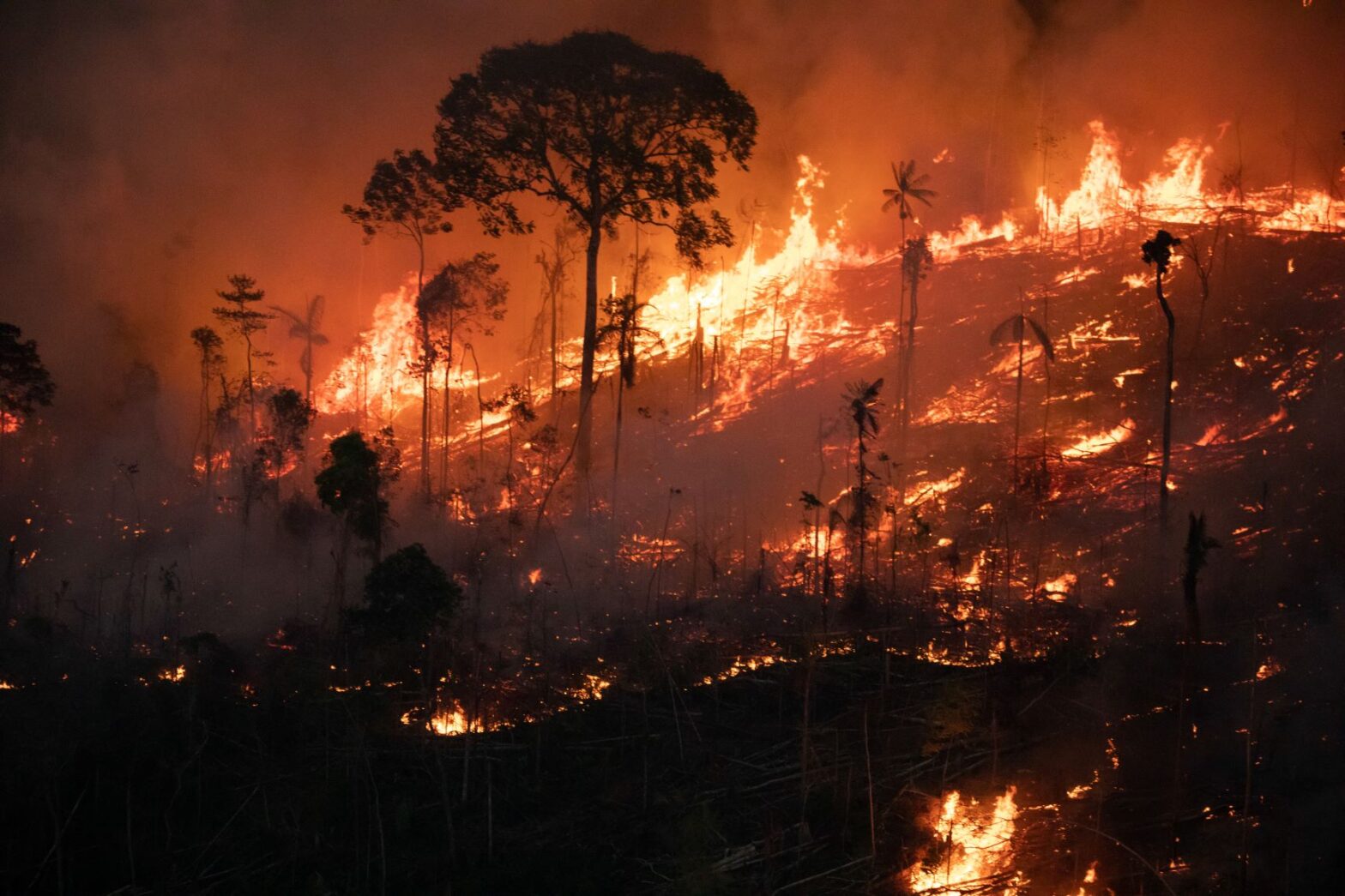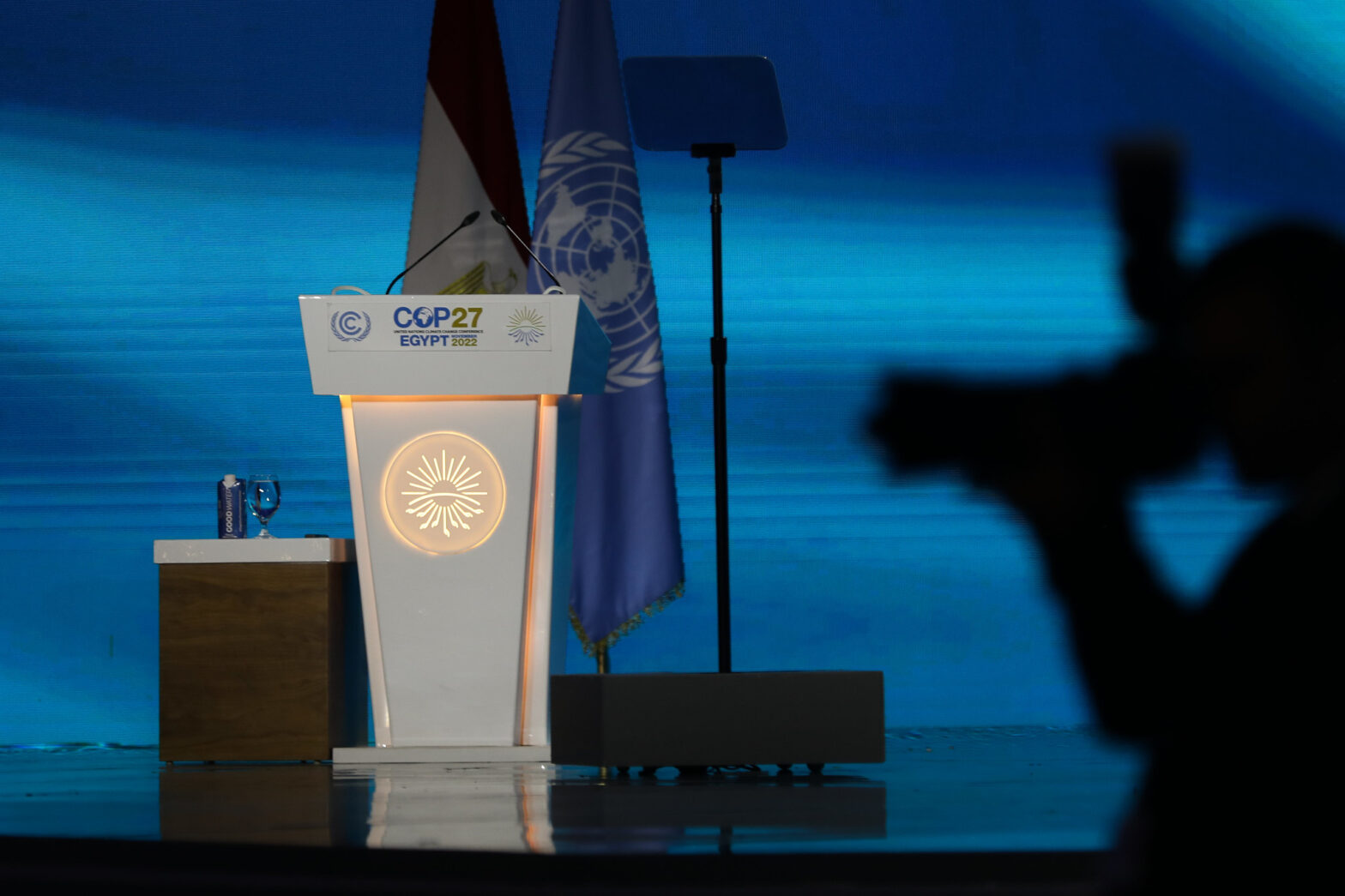The Heller family members are defendants in more than 26 cases related to environmental crimes in Novo Progresso and Altamira, Pará, and Itaúba, Mato Grosso. Only two cases were settled – by automatic discharge. The oldest fines date back to 1999.
A deforested area with over 10,000 acres in Novo Progresso and Altamira, Pará state, is considered by Brazil’s Federal Police to be one of the largest deforestation spots in the Amazon. According to the police, that point on the map, which is four times the area of the Fernando de Noronha island, is owned by 71-year-old Bruno Heller, a farmer awaiting trial by a Federal Court and suspected of leading “a family group that used to obtain property advantage by encroaching on and deforesting federal land.”
The series of crimes motivated police operations Retomada 1 and 2, which focused on Heller as a suspect of being the biggest deforester in the Amazon. The investigation was based on information from the Brazilian Institute of Environment and Renewable Natural Resources (Ibama) and the National Institute of Colonization and Agrarian Reform (Incra) over the last 18 years. According to the police, Bruno Heller used his family members as frontmen to grab land from the federal government, agrarian reform settlements, and indigenous territories.
Bruno was caught in the act and arrested in the first stage of the police operation on August 3, 2023 for possession of raw gold and an illegal weapon. He was released the following day and will wait out of custody for his trial, which has not been scheduled yet.

An analysis by InfoAmazonia points out that Bruno’s family, the Hellers, have already been fined 26 times by Ibama for environmental violations in the cities of Novo Progresso and Altamira, Pará, and Itaúba, Mato Grosso. The information was retrieved from the Brazilian Association of Investigative Journalism’s (Abraji) CruzaGrafos platform, which gathers data on environmental violation notices issued by Ibama and compares it with names and CPF and CNPJ numbers – Brazil’s individual and corporate taxpayers registrations, respectively.
There have been 31.4 million reais in fines since 1999 – as adjusted for inflation according to the Extended National Consumer Price Index (IPCA). The vast majority (22) refer to damage to vegetation that were considered illegal deforestation. Only two notices of violation were settled – by automatic discharge. InfoAmazonia found violations perpetrated by Bruno Heller and his brothers Ingo, Levino, Udo and Nestor Heller. His niece Eliane Heller and his nephew Marcio Ivan Heller have also been fined.
CruzaGrafos shows that the Hellers were owners of or partners in three timber companies – Irmãos Heller, Comércio e Indústria de Madeiras Cruzeiro, and Heller Indústria e Comércio de Madeiras, which have R$ 3,077,852.33 in outstanding debts to the federal government, according to data from Abraji’s platform.
Although there are no records about them on CruzaGrafos, the Heller family includes Bruno’s wife Cleusi Missassi, his daughters Tatiana, Juliana and Fabiana; nephews Liliani Volken Heller and Soleni Heller, and Humberto Luiz Missassi – a relative of Cleusi Missassi.
InfoAmazonia’s survey found five members of the Heller family with areas under embargo in Novo Progresso (PA) until February 8, 2024. The Formosa 1, 2 and 3 farms face a total of six embargoes to Bruno and his brothers Nestor and Ingo, in addition to his nephew Márcio Ivan Heller. The analysis was based on Ibama embargo data.
Together, the five members of the Heller family have faced ten embargoes from 2003 to 2021. According to the police investigation, the suspicion is that all properties located in Altamira and Novo Progresso belong to Bruno Heller, even though they are registered to family members, who would be his frontmen.
The two municipalities are among those with the largest deforestation increases in the Legal Amazon. According to data from the Prodes Program (Measurement of Deforestation by Remote Sensing) managed by the National Institute for Space Research (Inpe), 122.6 square miles of deforested areas were recorded in Altamira in 2023, making it the top municipality in forest loss. In the same year, deforestation in Novo Progresso reached 37.2 square miles – 23rd place in the Legal Amazon in 2023.
The ‘Domino Effect’ of Impunity
For environmental analyst and member of the board of the National Association of Federal Environmental Specialists (Ascema National) Wallace Lopes, economic theory of crime explains perpetrators’ feeling of impunity caused by outstanding fines. According to him, situations like the Heller family’s show that ‘crime pays’: When they deforest large areas without punishment and have ‘endless’ resources to avoid legal sanctions, other people are encouraged to commit the same violations.
“This creates a domino effect where the impunity of some perpetrators encourages audacity in others, perpetuating the problem and making our work to protect our forests even more difficult,” he says.
This creates a domino effect where the impunity of some perpetrators encourages audacity in others, perpetuating the problem and making our work to protect our forests even more difficult.
Wallace Lopes, environmental analyst and member of the board of the National Association of Federal Environmental Specialists (Ascema National)
The theory cited by Wallace suggests that people decide to engage in criminal activities based on a rational costs-benefit assessment. They compare potential gains – such as profits from deforestation – to risks – such as the chance of being caught, fined or incarcerated.
“In other words, imagine that you are playing a game where the rules do not apply equally to everyone. If some people cheat and are awarded without ever being punished, other players will soon think: ‘Why shouldn’t I do the same?,’” he explains.
Lack of personnel, insufficient training, and poor technological infrastructure are some of the main challenges now facing Brazil’s environmental agencies. For Wallace, these factors also contribute to the low number of fines that are actually paid.
These punishments only result in some type of legal restriction for violators when they exhaust all administrative appeals. Only then is the amount to be paid adjusted for inflation and interest rates and enters the federal registry of outstanding debt. This leads to violators’ names being included in debtors’ lists by credit institutions, making it difficult for them to obtain loans and financing.
“If the violator still fails to pay, the government may start an Enforced Collection Action, which may lead to seizure of the debtor’s assets. While all this is underway, violators multiply several times the amount of the fine that could have been paid at the beginning of the procedure, usually by carrying out other illegal activities, thus increasing the feeling of impunity that encourages other people to commit more illegalities,” Wallace says.

Illegal logging
Even though his Rural Environmental Registration (CAR) is suspended, Bruno Heller owns the Ipê Roxo farm, located next to the limits of the Baú Indigenous Territory in Altamira. The area is considered of high risk due to agricultural activities, logging and mining in the area and in nearby farms. Mining has caused disputes among local indigenous people. For those who oppose this type of activity, the redefined territory is considered ‘lost area.’
The damage caused by deforestation to open new ‘branches’ – a term used to describe small roads in the forest, is well-known in the region. These losses were recorded by the Pará Environment and Sustainability Department (Semas-PA) in an area classified as a Sensitive Socio-Environmental Zone. That is an area bordering indigenous territories and conservation units, where the risk of conflicts over use is high, requiring less intensive, socially equitable activities that promote biodiversity conservation.
Chief Bepdjo Mekragnotire from the Baú village, located in the Indigenous Territory (IT) of the same name, explains that the struggle to defend the forest has been tough. “We protect our side, but there are places where timber companies are already on indigenous land. The Federal Police could defend [the territory] together with us. Ibama fines them, but they keep deforesting. We feel that even the air is already changing and will change more. But even so, they continue felling trees because of the money,” he said.
Okryt Kuantoro is the president of the Mantinó Indigenous Association, which represents some villages in the Baú IT. He explains that they had to create a group of warriors to monitor the boundaries of the territory: “The Federal Police had already been there last year and ended everything. There are no more encroachers. The Mantinó Indigenous Association is now working with the surveillance post to protect the indigenous area. The Baú area is large. Sometimes, attackers could enter it and we wouldn’t know. That’s why we now have our own warriors, so that won’t happened again.”
There are seven surveillance points spread over the IT’s boundaries, with five teams working and alternating every 10 days.
InfoAmazonia contacted the Heller family’s defense in the case of Operation Retomada. On a note, attorney Vinícius Segatto Jorge da Cunha stated that the current Federal Police investigation is confidential and therefore he could not give more details.
“The defense also stresses that this is a family group that since the 1970s has exercised uncontested, free and unchallenged possession of the family rural property located in the state of Pará. Bruno and [his daughter] Tatiana have their autonomous and independent enterprises in agriculture and livestock, contributing, together with other family members, to the economic development of the Novo Progresso and Altamira area,” he adds.
Giselle Marques, a lawyer with a PhD in Environmental Sciences and Regional Development, points out that, while Brazil’s environmental laws are robust, they are often ignored due to lack of sanctions. She notes that political connections often result in slow legal procedures, and people with financial resources are able to delay them by hiring good lawyers.
“I always say that judicial litigation is good for those who are in the wrong, who end up benefiting from years or even decades during which cases are dragged in the courts,” Giselle stresses.
This story is the result of training carried out by InfoAmazonia as part of the Together for Conservation project, implemented by Internews in alliance with USAID and WCS. The content is under the responsibility of InfoAmazonia and Internews and does not necessarily reflect the views of WCS, USAID, or the United States government.





